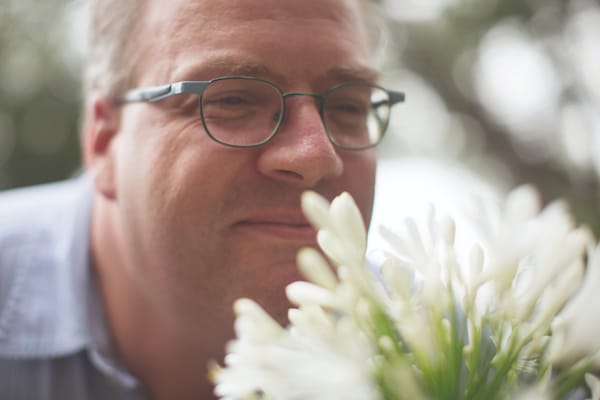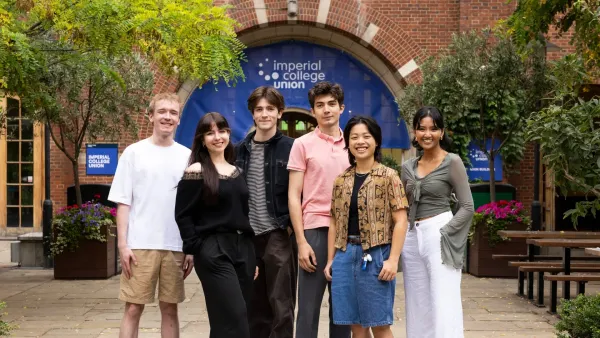Understanding apoptosis: the human suicide squad
How our body destroys itself to keep us alive.
Are you aware that human cells also have their own version of a suicide squad? This squad comes into action in times of extreme distress, when cells have extinguished all other means to combat their stress. Their call to action means only one thing – destruction of the cells themselves, and everything inside which can also pose a threat to the rest of the body. While you may consider this ultimate act of self-sacrifice too extreme, this suicidal death of a cell, also termed ‘Apoptosis’, is used to keep life-threatening dangers such as cancer in check.
The latest findings published last week explained one of the less understood steps of the process of apoptosis: the mechanism of the release of the mitochondrial (MT) genome inside the cell’s cytoplasm. The integrity of mitochondria serves as a checkpoint for the cell to decide if the circumstances are severe enough to activate self-detonation. It is well known that two proteins – BAK and BAX – play an important role in this programmed cell death. They disrupt the mitochondrial membrane and cause the release of mitochondrial DNA into the cytoplasm, which further signals the continuation of apoptosis in the cell. This latest study – published by a joint collaboration between Monash University, Walter and Eliza Hall Institute, and Howard Hughes Medical Institute – was able to record the expulsion of the mitochondrial genome in real time. They used a combination of multiple microscopy techniques to image cells at a very high degree of resolution. Their images confirmed that BAK/BAX proteins create large pores inside the outer membrane of the mitochondria. The inner MT membrane pushes out through these holes to escape into cytoplasm with all of its constituents. This mechanism of action is also called “mitochondrial hernia”.
“Apoptosis is used to keep life-threatening dangers such as cancer in check”
The primary technology which could make this possible was lattice light sheet microscopy. This was developed by Eric Betzig, winner of the 2014 Nobel Prize in Chemistry. This technique improves the older light sheet fluorescence microscopy by increasing image acquisition speed and reducing phototoxicity induced damage to the cells. According to Betzig himself, this technology will have more impact than his Nobel-winning work on super-resolution microscopy.
Both the results and method of study will impact future work. This strategy of using multiple microscopy techniques to capture cellular activities inside the living cells at such high resolution will improve our understanding of internal functioning. Hopefully, these advances will culminate in practical applications in fields of health and medicine.







